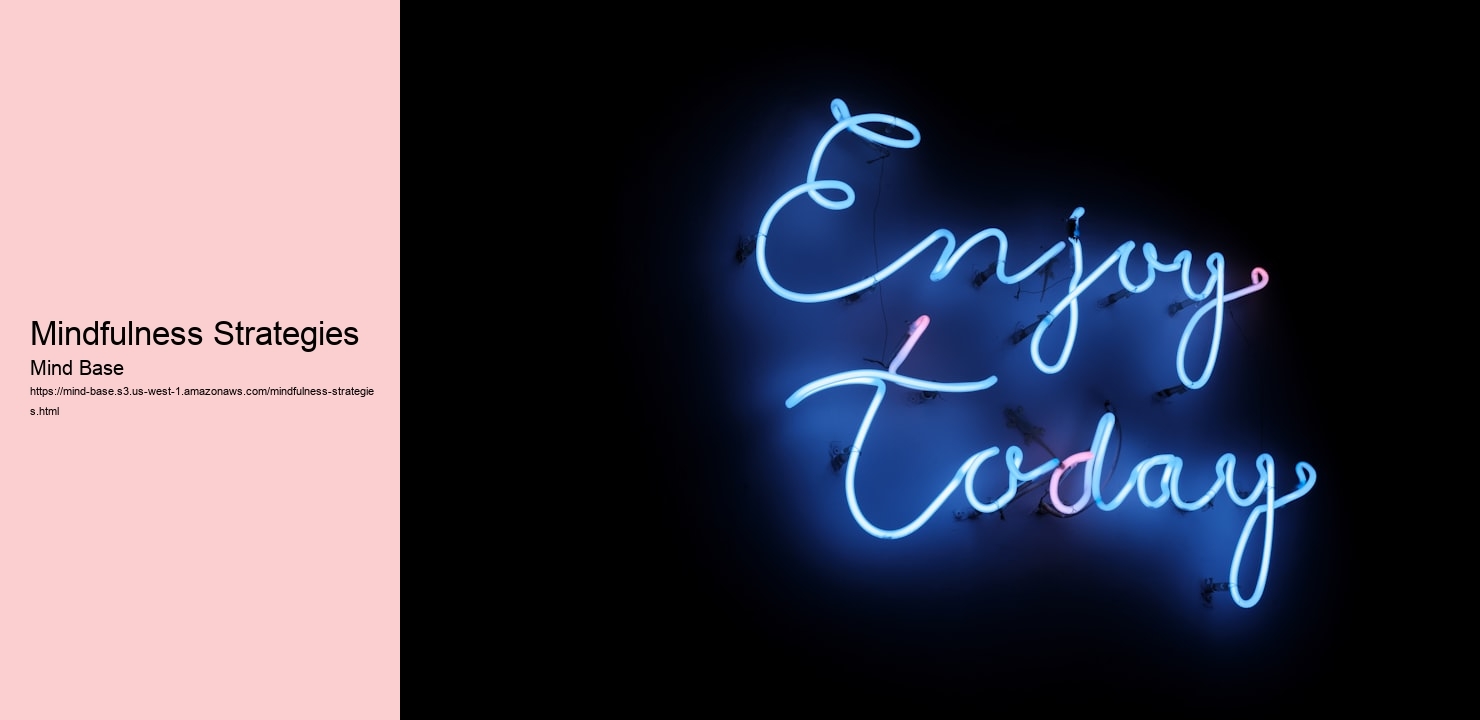
The exploration of human behavior insights within the context of therapy highlights the intricate interplay between individual characteristics and external factors. For those seeking support from therapists in Calgary, understanding these complexities can lead to more personalized care that addresses both psychological needs and environmental contexts effectively.
Mindfulness, a practice rooted in ancient traditions, offers profound benefits for mental health. In the bustling city of Calgary, therapists are increasingly integrating mindfulness techniques into their sessions. This practice involves maintaining a moment-by-moment awareness of our thoughts, feelings, bodily sensations, and surrounding environment without judgment. By fostering this heightened state of consciousness, individuals can develop greater self-awareness and emotional regulation. Therapists in Calgary often guide clients through mindfulness exercises to help them connect with their inner experiences more effectively.

For many seeking therapy in Calgary, traditional methods may not fully address their needs. Thus, the integration of mindfulness provides an additional layer of support. Therapists teach clients various mindfulness techniques such as deep breathing exercises, body scans, and mindful meditation. These practices enable clients to ground themselves during moments of stress or anxiety and cultivate a sense of calmness and clarity. By incorporating mindfulness into therapy sessions, Calgary's mental health professionals aim to empower clients with tools that enhance resilience and promote overall well-being.
Therapists across Calgary have observed that clients who engage in regular mindfulness practices report significant improvements in managing symptoms related to anxiety, depression, and stress-related disorders. Google My Business - ShiftGrit The non-judgmental nature of mindfulness allows individuals to process emotions constructively rather than reacting impulsively or negatively. This approach aligns with therapeutic goals by encouraging reflection and personal growth while reducing the impact of adverse effects often associated with other treatments.


To put it short, mindfulness is transforming therapeutic practices within Calgary by offering an accessible means for individuals to engage with their mental health actively. Through various techniques tailored by skilled therapists in the region, clients gain valuable insights into their thought patterns and emotional responses. As they continue this journey towards self-discovery and healing with the guidance of experienced practitioners, they find themselves better equipped to navigate life's challenges mindfully.
Cognitive science is a multidisciplinary field that seeks to understand the nature of thought, learning, and mental organization. It encompasses various disciplines such as psychology, neuroscience, artificial intelligence, philosophy, linguistics, and anthropology. Each discipline contributes unique insights into how humans process infomation and behave.
In the realm of therapy-often referred to as psychotherapy when addressing mental health issues-cognitive science provides foundational knowledge that informs treatment strategies.

Neuroscience is a critical component of cognitive science that explores brain function at various levels, from molecular interactions to neural networks. For therapists practicing in Calgary, insights from neuroscience are invaluable for understanding the biological underpinnings of mental health conditions. This knowledge not only aids in diagnosis but also enhances the efficacy of treatments by aligning them with how the brain naturally operates.
Language is another pillar of cognitive science that significantly impacts therapy. The way individuals articulate their experiences can reveal underlying cognitive patterns and emotional states. Therapists often rely on linguistic cues during sessions to gain insight into their clients' internal worlds. In Calgary's diverse community, understanding linguistic nuances becomes even more crucial for delivering culturally sensitive care.

Mental wellness includes psychological, psychological, and social well-being, affecting cognition, understanding, and actions. According to the Globe Wellness Organization (WHO), it is a "state of well-being in which the individual understands his or her capabilities, can handle the normal tensions of life, can work proficiently and successfully, and can add to his/her community". It furthermore determines just how a specific deals with anxiety, social partnerships, and decision-making. Psychological health consists of subjective health, regarded self-efficacy, autonomy, capability, intergenerational dependancy, and self-actualization of one's intellectual and psychological capacity, among others. From the perspectives of favorable psychology or holism, psychological health and wellness may include an individual's capability to appreciate life and to develop a balance in between life tasks and initiatives to attain mental strength. Cultural distinctions, personal philosophy, subjective assessments, and completing professional concepts all influence how one defines "mental health". Some early indicators related to psychological wellness problems are sleep inflammation, absence of power, lack of cravings, thinking of damaging oneself or others, self-isolating (though introversion and seclusion aren't necessarily harmful), and regularly zoning out.
.Psychotherapy (likewise emotional treatment, talk therapy, or talking therapy) is the use of psychological techniques, particularly when based on normal personal communication, to help a person change habits, rise happiness, and get over issues. Psychiatric therapy aims to boost an individual's health and psychological health and wellness, to resolve or reduce troublesome habits, ideas, obsessions, ideas, or feelings, and to boost connections and social skills. Numerous sorts of psychotherapy have been made either for private adults, families, or youngsters and teenagers. Some sorts of psychotherapy are thought about evidence-based for dealing with detected mental illness; various other types have been criticized as pseudoscience. There are hundreds of psychiatric therapy techniques, some being minor variations; others are based upon extremely various perceptions of psychology. A lot of approaches involve one-to-one sessions, between the customer and specialist, however some are carried out with teams, consisting of couples and families. Therapists may be psychological health and wellness specialists such as psychiatrists, psychologists, mental health and wellness registered nurses, clinical social workers, marital relationship and household specialists, or specialist therapists. Psychotherapists might additionally originate from a selection of other histories, and relying on the territory may be legally controlled, willingly managed or unregulated (and the term itself might be secured or not).
.Online therapy in Calgary connects residents to licensed psychologists via secure video, offering flexibility. It’s as effective as in-person sessions for anxiety, depression, and more.
Support groups for mental health in Calgary bring people together to share experiences and coping strategies. Facilitated by professionals, they offer community and emotional support locally.
Therapy for bipolar disorder in Calgary balances mood swings with CBT and support plans. Psychologists help clients manage episodes and maintain stability effectively.